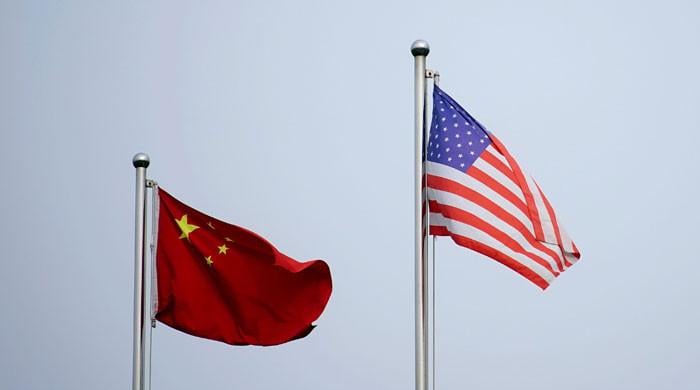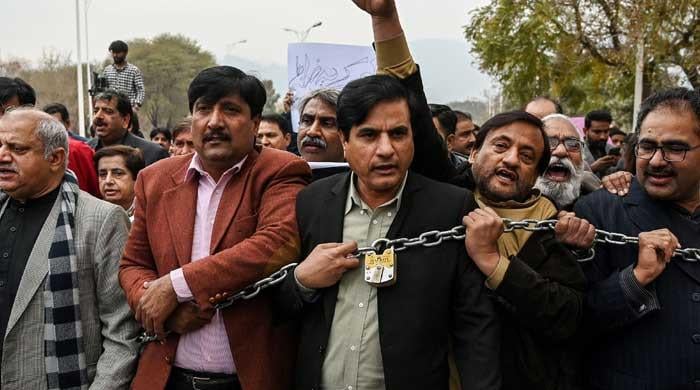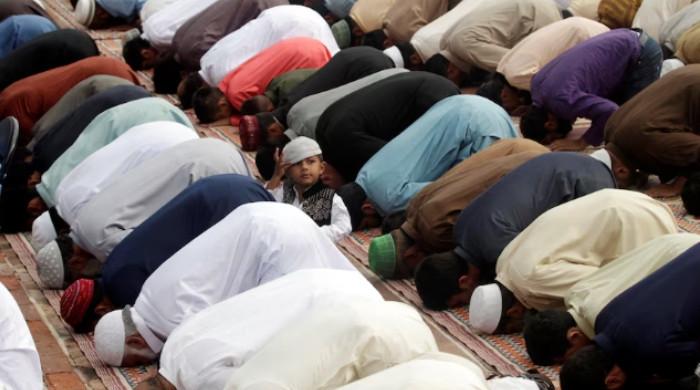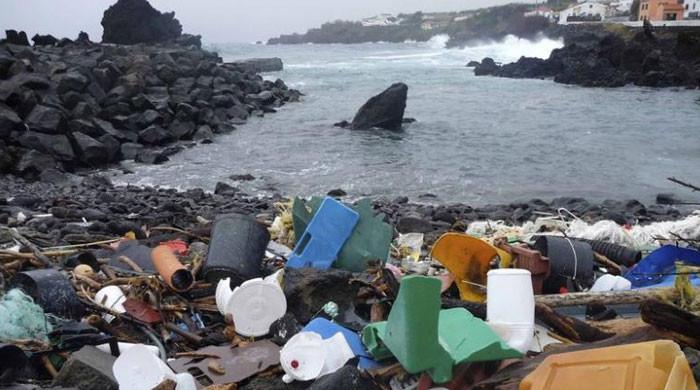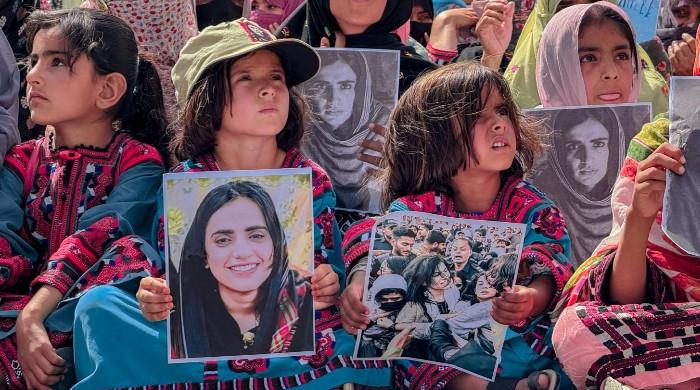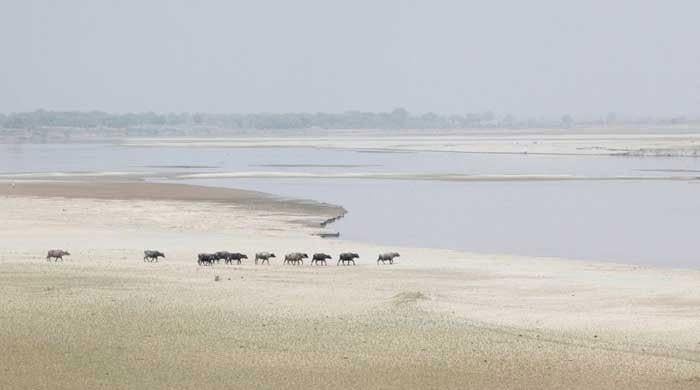Soaring inflation: Does the government have a plan?
This is PM Shehbaz's first major economic trial. Things are going to get a lot more expensive and we should all be prepared for it
April 28, 2022
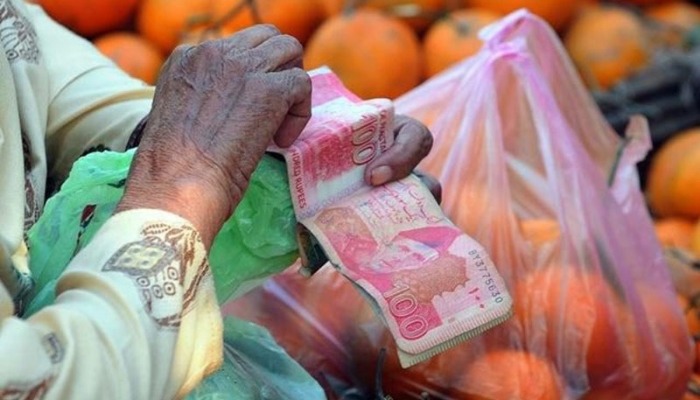
The good news is that PM Shehbaz Sharif took a very timely decision — within days — to approach the IMF. The other good news is that our Minister of Finance and Revenue Dr Miftah Ismail has successfully taken us back into the IMF’s Extended Fund Facility (EFF), our 23rd such ‘arrangement’ since we became a member in 1950.
The other good news is that the IMF has agreed to “field a mission to Pakistan in May to resume discussions over policies for completing the 7th EFF review.” Yes, the IMF has acknowledged that Dr Miftah Ismail has “requested the IMF to extend the EFF arrangement through June 2023 as a signal of their commitment to address existing challenges and achieve the programme objectives.”
The fact is that the PTI government left behind a budgetary deficit nearing Rs6 trillion, the largest ever in Pakistan’s 75-year economic history. The other fact is that the PTI government left behind a trade deficit nearing $50 billion, the largest ever in Pakistan’s 75-year trading history. As a consequence of gross fiscal mismanagement over the past four years, Dr Miftah Ismail would have to raise some $10 billion in the following 12 weeks to fill the current account deficit and service international debt between now and June 2022. That remains an uphill task but the government has surely taken the first step towards meeting this challenge.
The IMF’s statement on Pakistan states: “We had very productive meetings with the Finance Minister of Pakistan Miftah Ismail over Pakistan’s economic developments and policies under the Extended Fund Facility (EFF).”
To be certain, there are many slips between the cup and the lip. The IMF will field a mission in May. There will be technical discussions. The Ministry of Finance would then have to take ‘prior actions’. That would be followed by a ‘staff level agreement’. The ‘staff level agreement’ would be sent to the IMF Board. Only after the Board’s approval will we get a disbursement of $1 billion or $1.5 billion.
The IMF’s statement on Pakistan also states: “We agreed that prompt action is needed to reverse the unfunded subsidies.” This refers to the landmines laid by the PTI government. Remember, on February 28, the Oil and Gas Regulatory Authority (OGRA) sent a summary to hike the price of petrol by Rs55.78 per litre and the price of diesel by Rs68.87 per litre. Ex-PM Imran Khan made a purely political decision and rejected the summary. Lo and behold, the ex-PM announced a reduction in the price of petrol and diesel by up to Rs10 per litre. That’s Rs100 billion a month landmine. That’s Rs100 billion that the government does not have. That’s the ‘unfunded subsidy’ that has to go.
The bad news is that if the ‘unfunded subsidy’ goes, the price of petrol and diesel will go up to Rs200 a litre or even higher. The bad news also is that petrol and diesel at Rs200 a litre means a much higher rate of inflation. Yes, a higher rate of inflation means a further devaluation of the rupee. Yes, that would also mean a higher rate of interest. Lo and behold, we will be in a vicious cycle. And this vicious cycle will have a harsh political cost — just when the opposition is bent upon street agitation. Just when there’s an electricity shortage of some 7,500MW. Just when a heatwave is around the corner.
This is PM Shehbaz Sharif’s first major economic trial. In all fairness, there isn't a country in the world that is buying expensive petroleum products from the international market and selling the same cheaper in the domestic market-except for Pakistan.
In all likelihood, things are going to get a lot more expensive — and we should all be prepared for that. If history is any guide, PML-N led governments have had a higher rate of economic growth. A higher rate of economic growth means a higher per capita income. And a higher per capita income will enable us to bear a higher rate of inflation.
Originally published in The News






